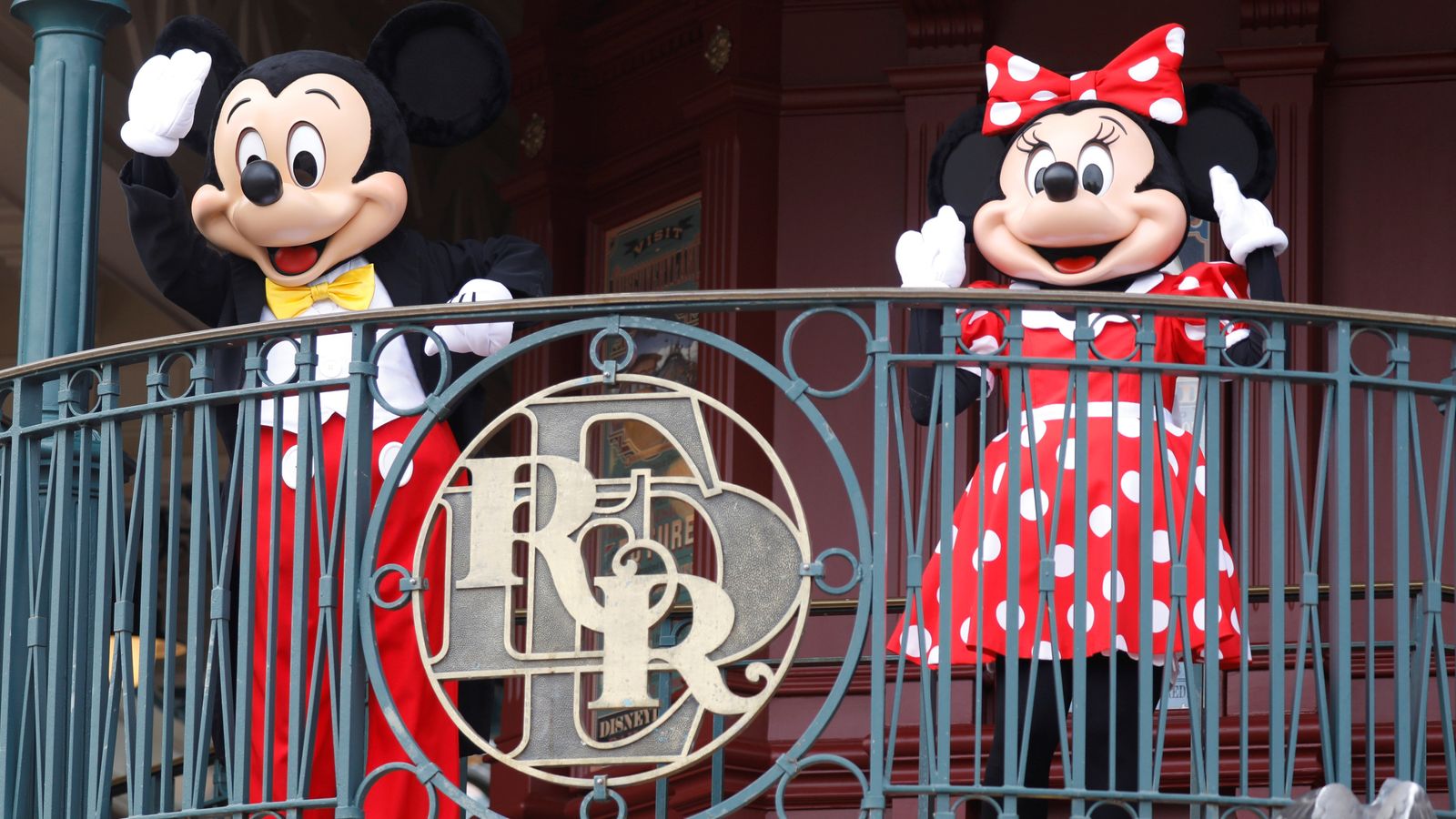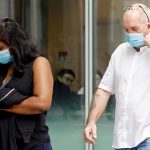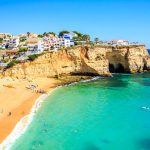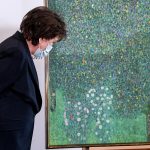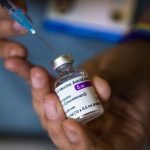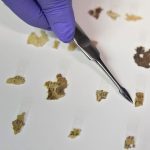Disneyland Paris has announced the date it will reopen and sex workers in the Netherlands will return this week, as several countries ease COVID restrictions.
Having been closed since last October, Disney’s amusement park in the French capital will welcome visitors back from 17 June.
A statement said the site’s reopening would be accompanied by “appropriate health and safety measures” – with hugs from the likes of Mickey Mouse and other mascots suspended.
It will also limit the number of visitors, with those over six being asked to wear masks.
Meanwhile, Netherlands health minister Hugo de Jonge revealed a series of measures to relax coronavirus rules.
Parks, zoos, gyms and outdoor swimming pools will reopen on Wednesday, after the rollout of COVID-19 vaccinations eased pressure on hospitals, the minister said.
And sex workers will be allowed to resume five months after being ordered to pause operations in mid-December.
They had protested in Amsterdam in March, saying they were being discriminated against as the authorities allowed other “contact businesses” including hairdressers and masseurs to reopen.
Public libraries will reopen on Thursday and further steps, including reopening museums and allowing indoor service at restaurants, are expected over the next three weeks, Mr de Jonge added.
“This a responsible step at this moment, but we have to stay very careful,” he said of the broader relaxation.
Subscribe to the Daily podcast on Apple Podcasts, Google Podcasts, Spotify, Spreaker
“We see a significant contribution from vaccinations. But we’re not there yet.”
COVID infections in the Netherlands have dropped by more than a quarter this month, after climbing to their highest levels of the year in April.
Another city to be easing measures is Dubai, where hotels in the regional tourism hub will be allowed to operate at full capacity and concerts and sports events will be able to welcome crowds and participants who have been vaccinated.
The United Arab Emirates ranks highly globally for coronavirus testing and vaccination rates, which has allowed for capacities for restaurants and entertainment venues to also be increased.
Authorities in Sri Lanka have announced shops and public transport can reopen, easing a three-day travel restriction imposed across the country.
Sri Lankans had been from banned from leaving their homes since Thursday night to try to contain the spread of COVID-19.
Authorities said though that those restrictions would now be imposed for five hours overnight for the next two weeks.
And in Turkey, the interior ministry has said a full lockdown that had ordered people to stay home to fight infections would be shifting to a less-restrictive program.
This will still involve curfews on weeknights and weekends from 1 June, which authorities said was part of a “gradual normalisation”.
Shopping malls can reopen – and while some businesses will remain closed, including gyms and cafes, restaurants will be able to offer takeaway in addition to delivery. Preschools will resume in-person education but upper grades will continue remote learning.
People in Turkey can also return to their workplaces but must stay at home from 9pm to 5am on weekdays.
However, other parts of the world have been tightening restrictions.
Hong Kong authorities say quarantine rules for arrivals from countries like Singapore, Japan and Malaysia would become tightened from Friday amid a surge in coronavirus infections.
And Trinidad and Tobago has declared a state of emergency, also citing a sharp increase in cases.
